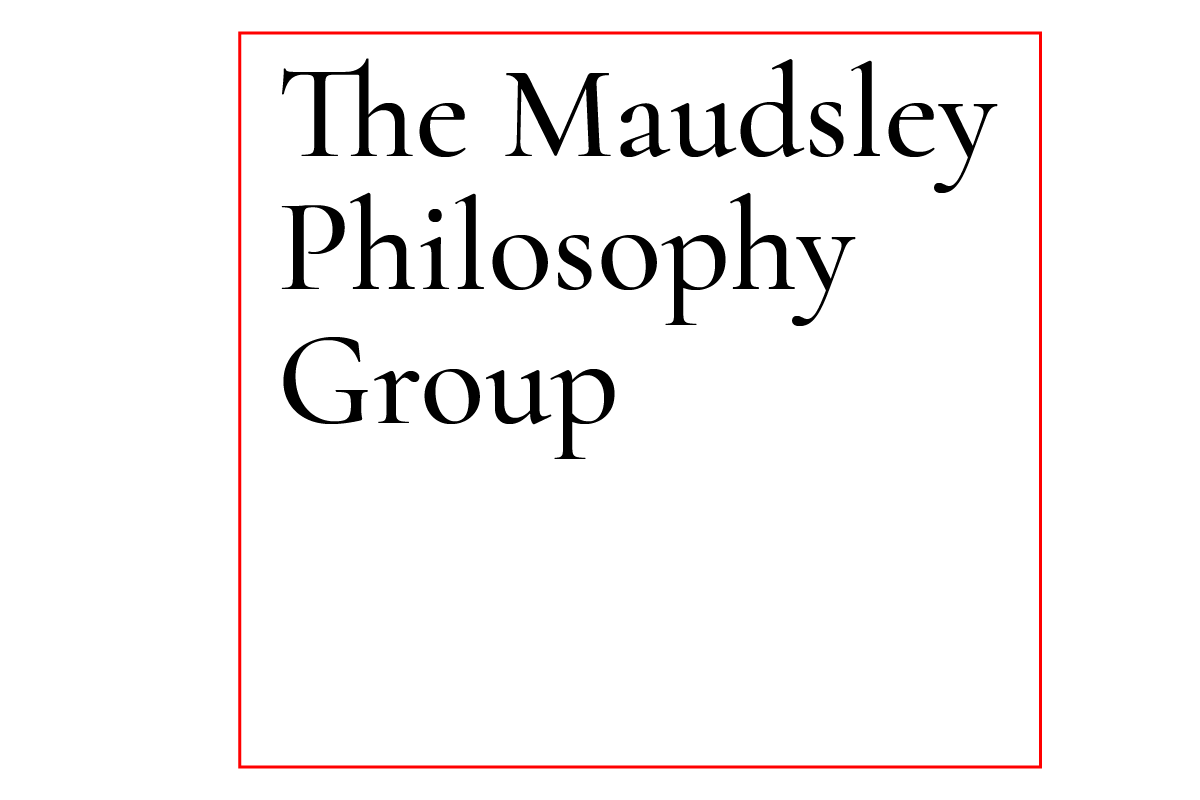“The researchers ..examined.. the speeches of two UK Prime Ministers said to meet criteria for hubris syndrome (Margaret Thatcher and Tony Blair) and one (John Major) who did not.
Peter Garrard, Vassiliki Rentoumi, Christian Lambert: Stroke and Dementia Research Centre, St George’s University of London, UK,
David Owen, House of Lords, London, UK, Cortex, 2013
Leaders’ use of language can reflect psychological and cognitive changes in subtle ways they may not be aware of.
For example, use of the third person/‘royal we’; excessive confidence; exaggerated self-belief; and supposed accountability to God or History could be linguistic markers of the Hubris Syndrome identified by Owen and Davidson.
One other feature of hubris (recklessness) could influence language complexity if impulsivity leads to unpredictability.
The researchers tested these hypotheses by examining the speeches of two UK Prime Ministers who were said to meet criteria for hubris syndrome (Margaret Thatcher and Tony Blair) and one (John Major) who did not.
The researchers used Shannon entropy to reflect informational complexity, and temporal correlations (words or phrases whose relative frequency correlated negatively with time in office) and keyness values to identify lexical choices corresponding to periods during which HS was evident.
Entropy fluctuated in all three subjects, but consistent (upward) trends in the hubristic subjects’ use of language corresponded to periods of hubristic behaviour. For example, the first person pronouns ‘I’ and ‘me’ and the word ‘sure’ were among the strongest positive temporal correlates in Blair’s speeches.
Words and phrases that correlated in the speeches of Thatcher and Blair but not in those of Major included the phrase ‘we shall’ and ‘duties’ (both negative). The keyness ratio of ‘we’ to ‘I’ was clearly higher throughout the terms of office of Thatcher and Blair than at any point in Major’s premiership. This difference was particularly marked in the case of Blair.
The analysis of Mrs Thatcher’s materials showed that hubris first emerged during post Falklands war victory celebrations but subsided, possibly the result of the influence of Deputy Prime Minister, William Whitelaw. After his resignation, Thatcher began to show increasing evidence of hubris syndrome giving rise to deep divisions in her Cabinet.
Aspects of Tony Blair’s behaviour and decision-making during and after the Kosovo War, in which he was a key ally of President Clinton, were judged to meet criteria for hubris syndrome.
Access the full paper here: Linguistic biomarkers of hubris syndrome
